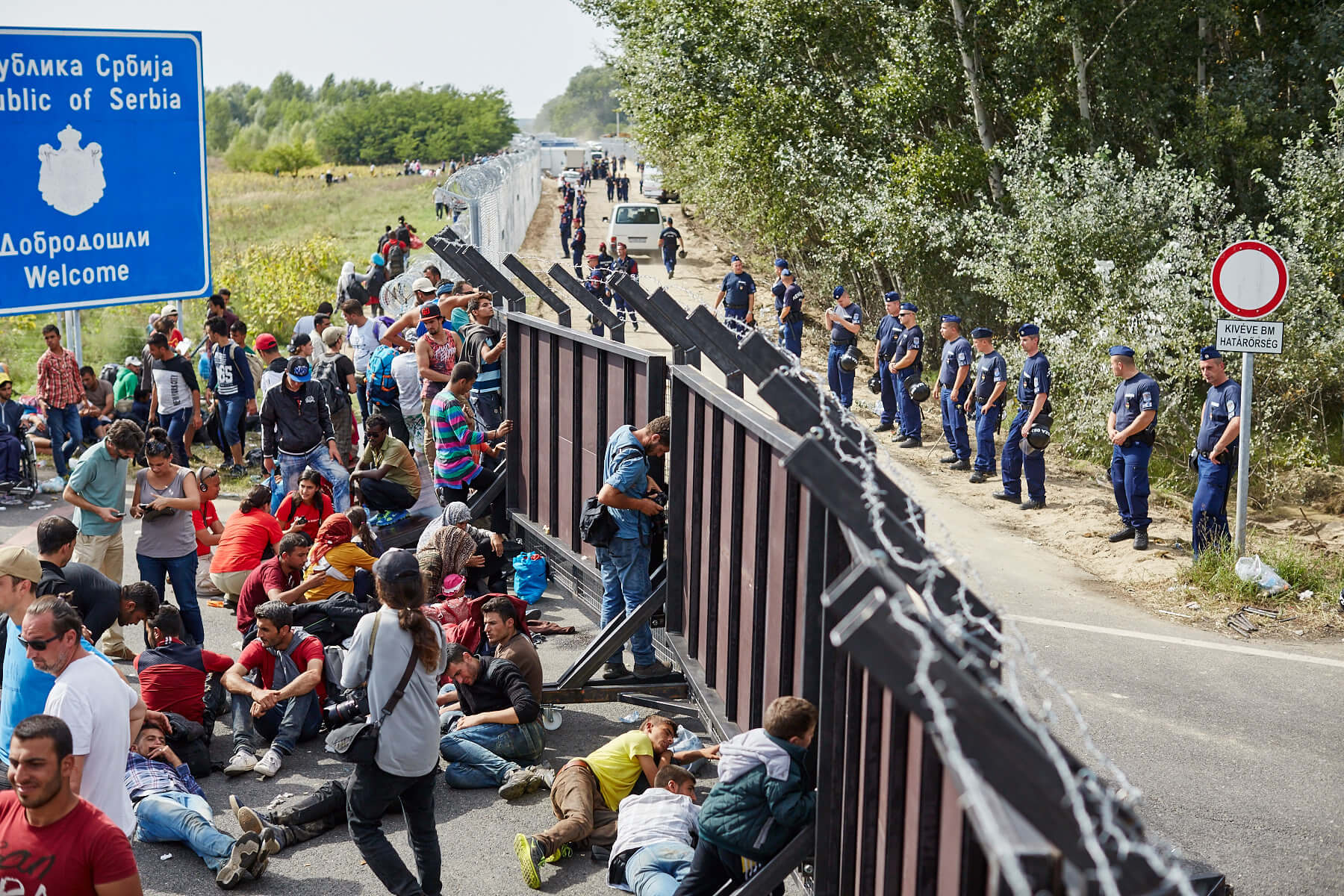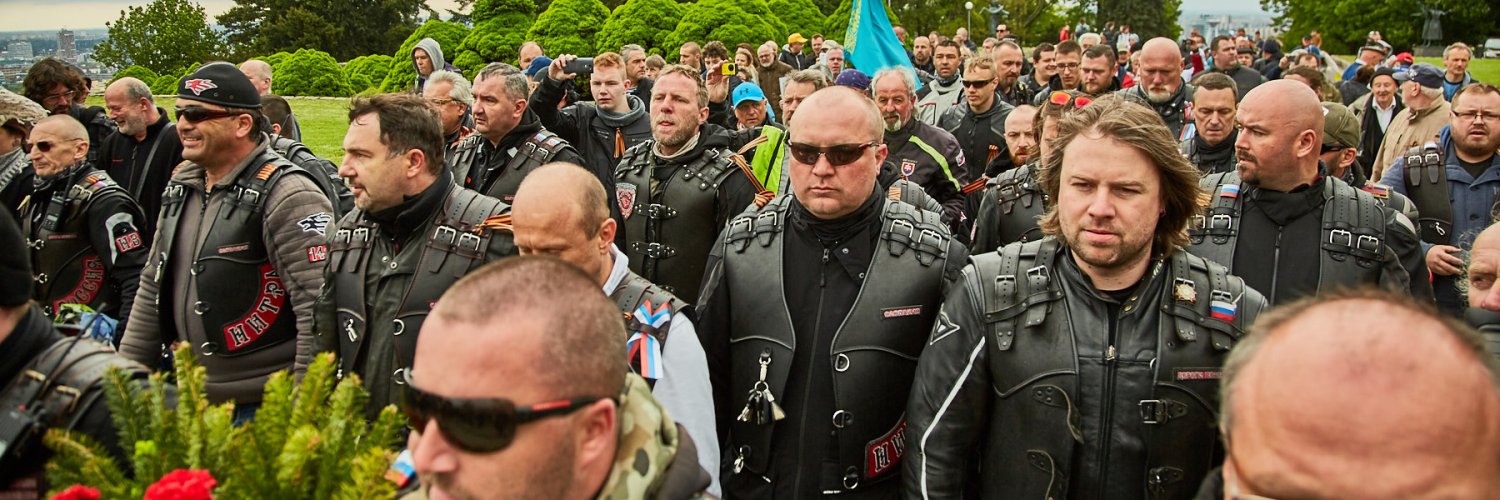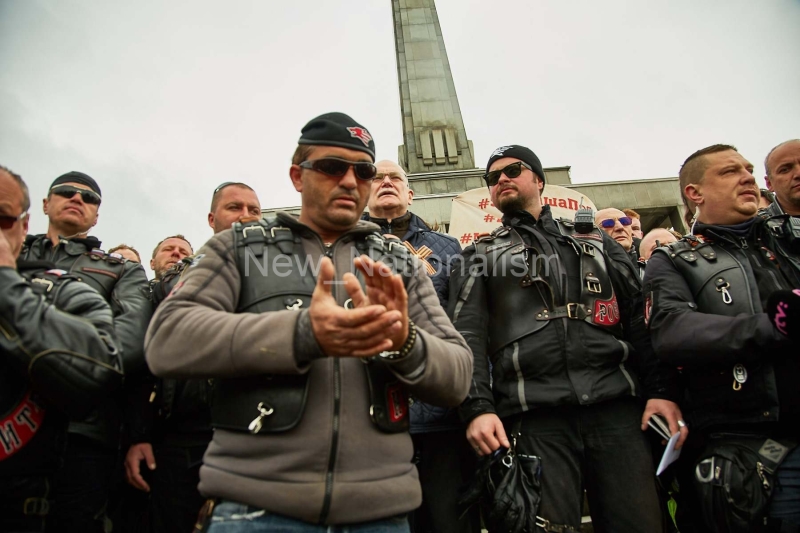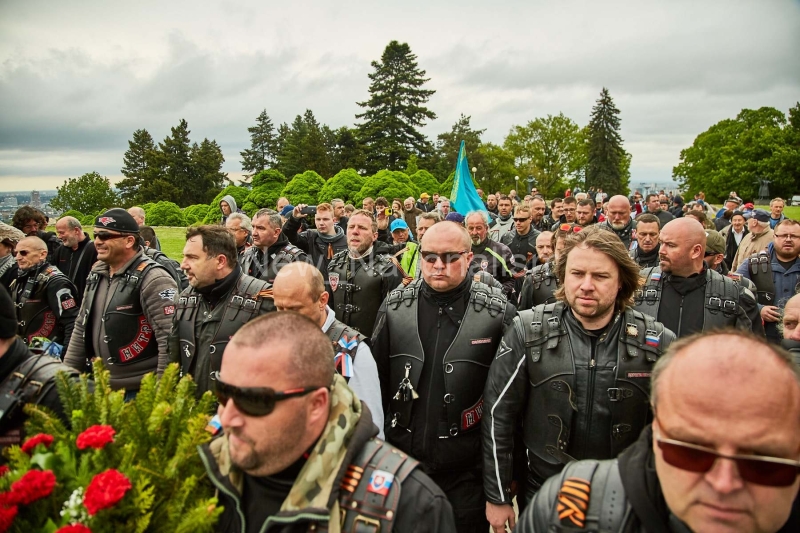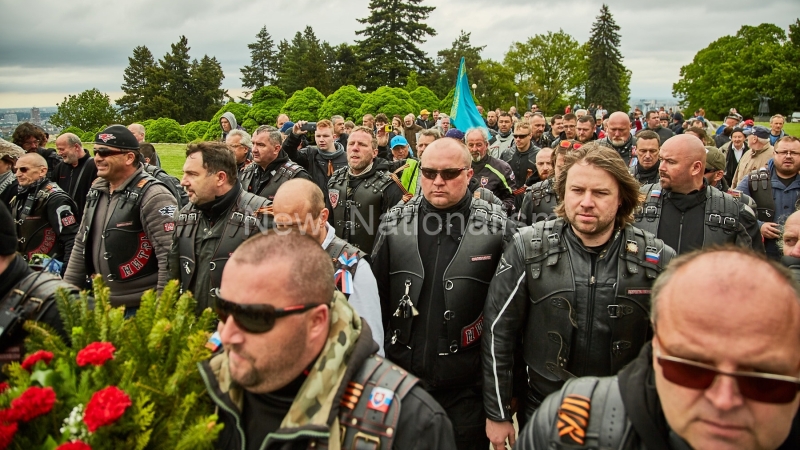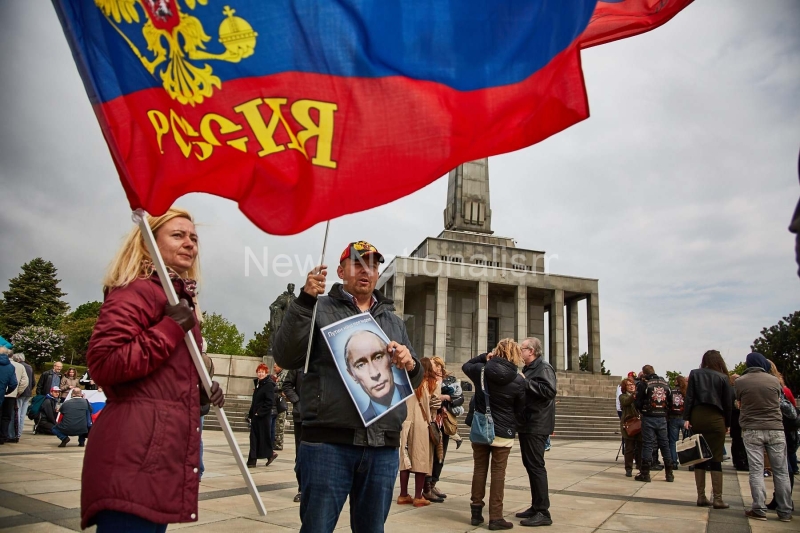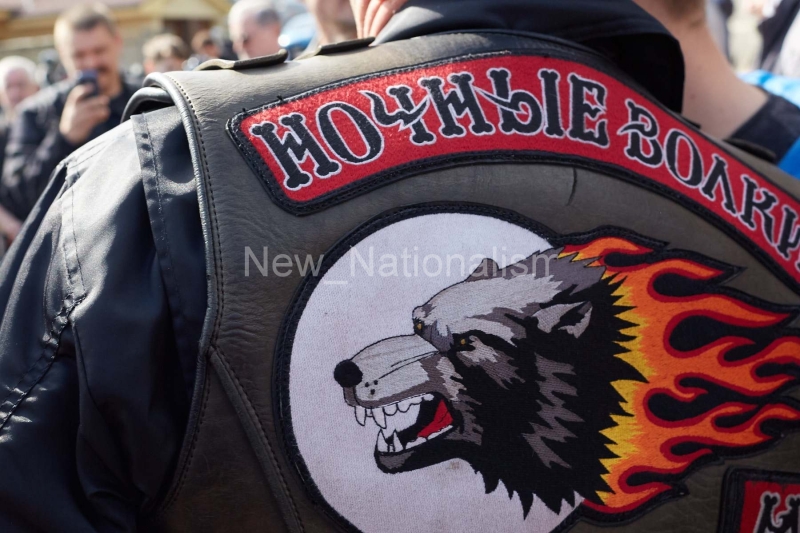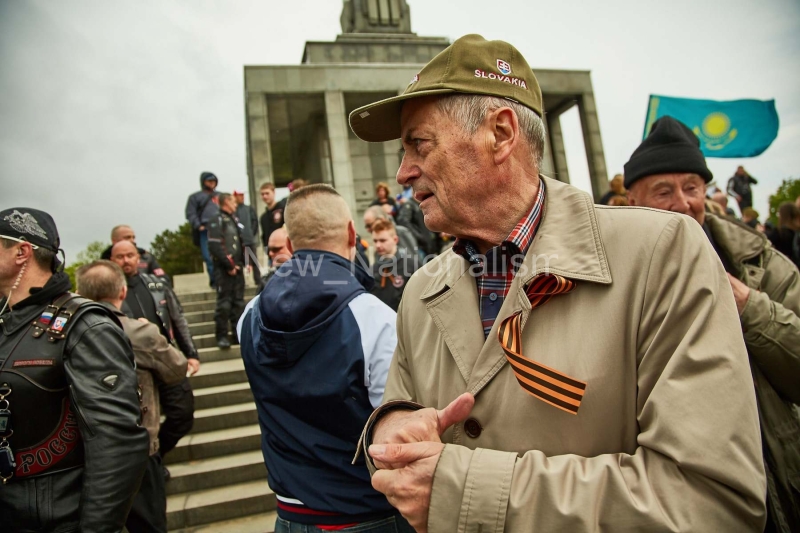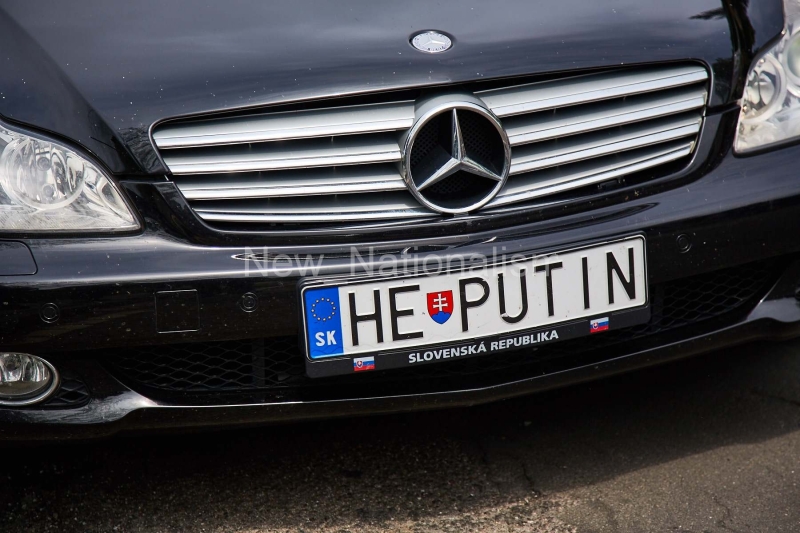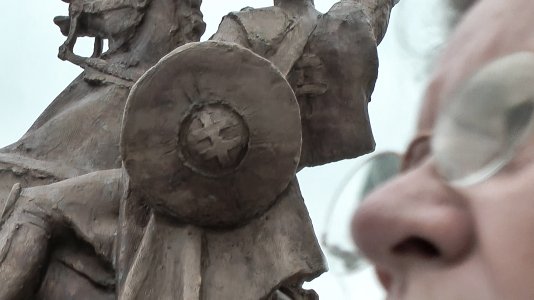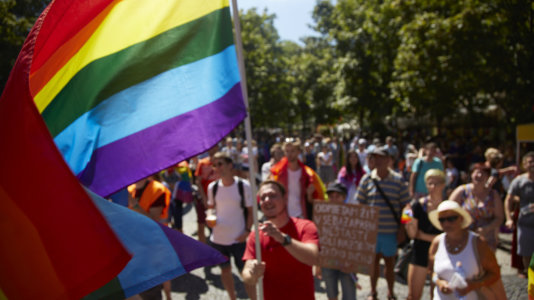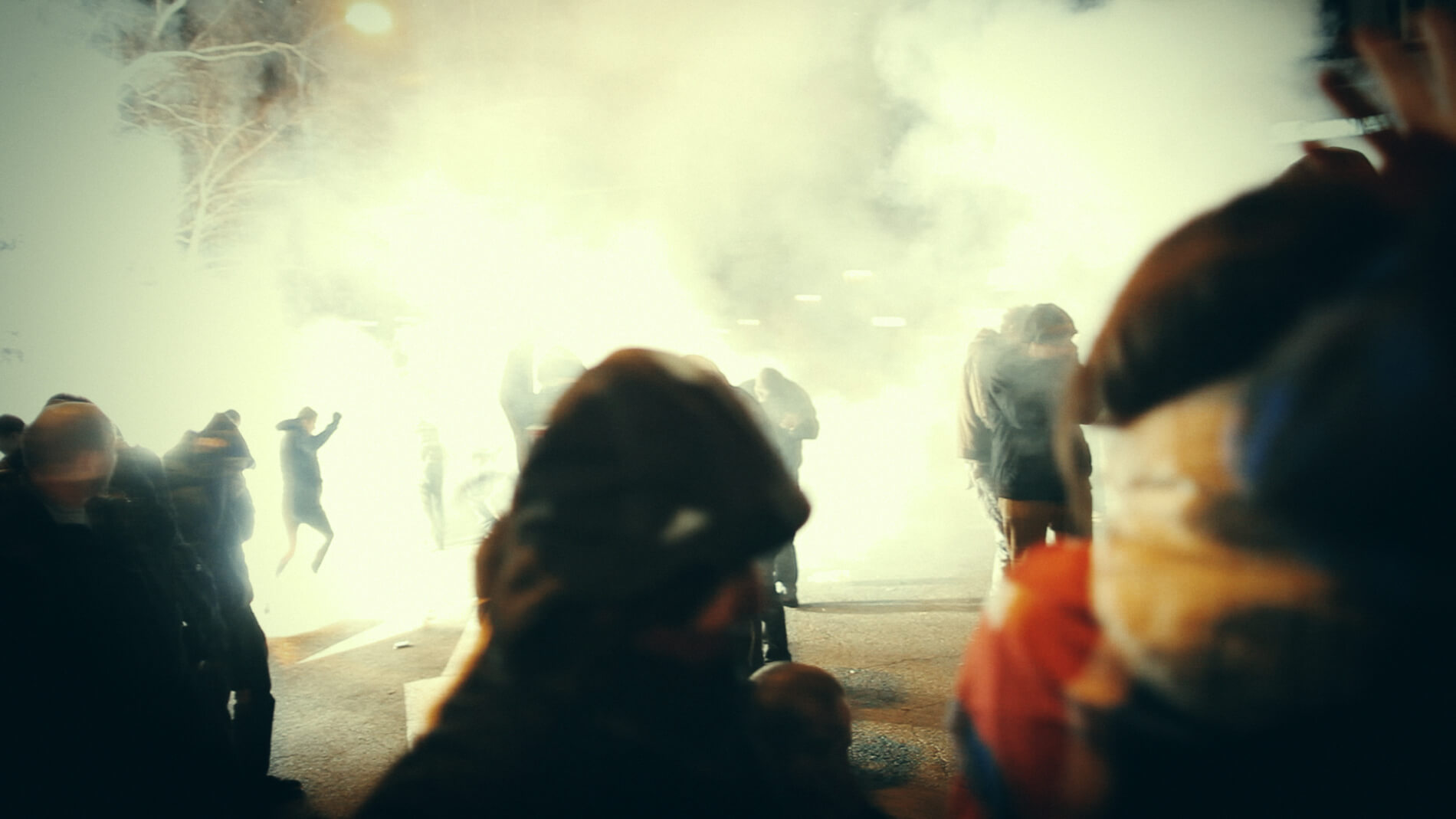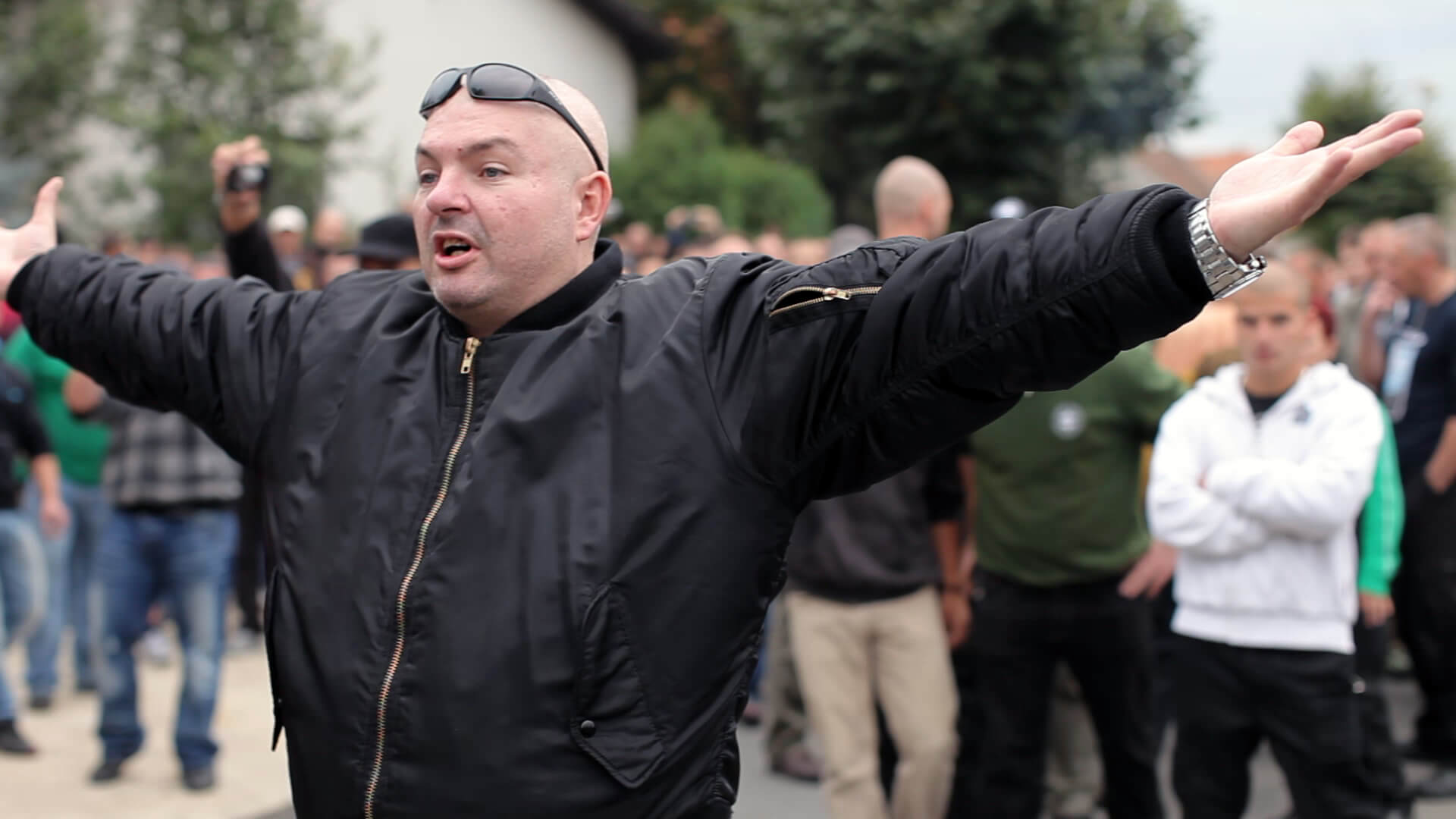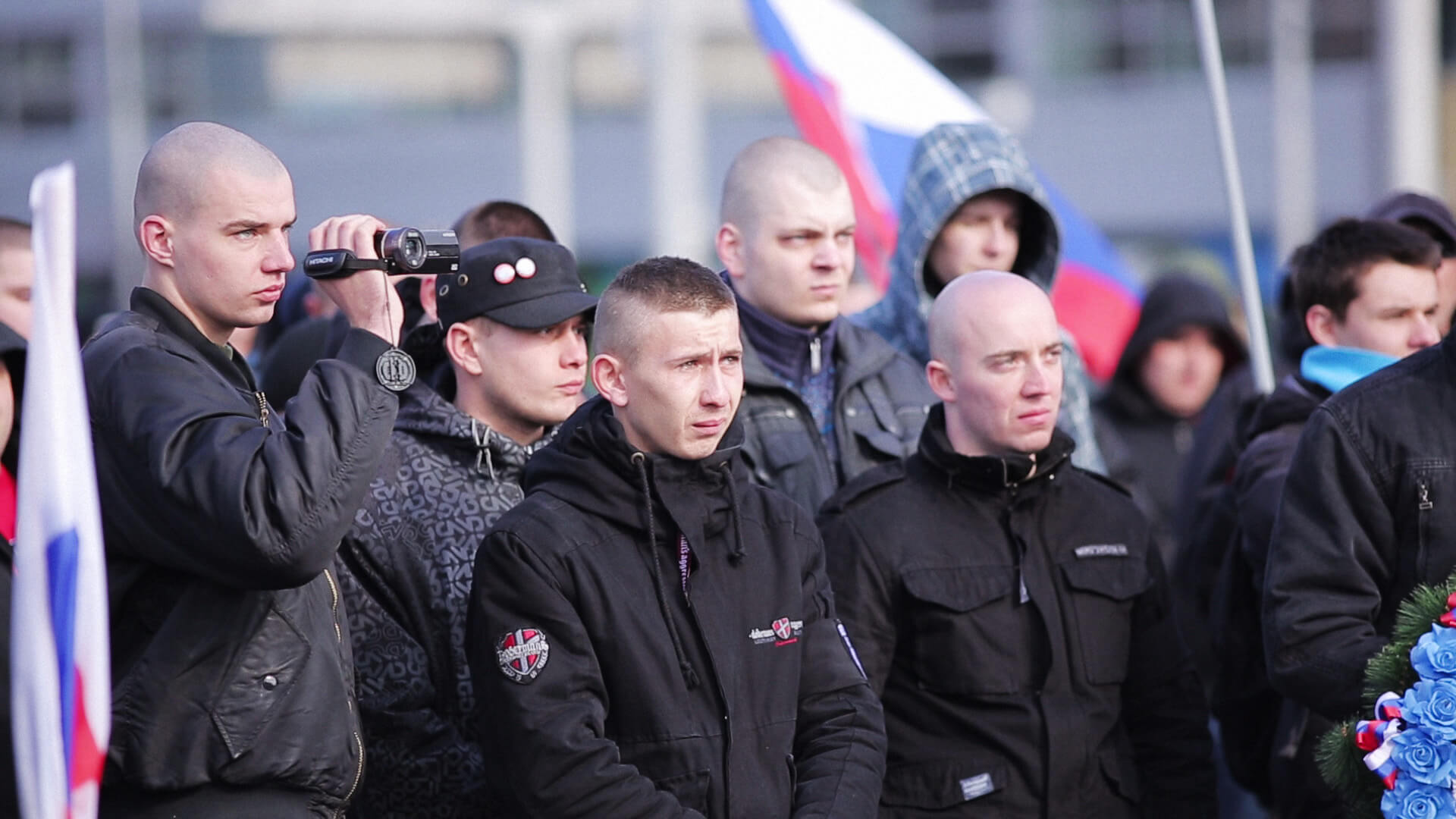The Night Wolves, a Russian biker gang with strong ties to President Vladimir Putin, embarked on a 3,700-mile journey across Europe to commemorate the 70th anniversary of the victory over Nazi Germany. The group’s controversial route from Moscow to Berlin generated significant attention and led to complications with European authorities. This article examines the Night Wolves’ journey, their encounters with law enforcement, and the public’s reaction to their “victory tour.”
The Night Wolves’ Victory Tour
The Night Wolves planned to retrace the Soviet army’s route to Berlin on Harley Davidson motorcycles and arrive in the German capital on VE Day as a tribute to the victory over Nazi Germany. However, the group faced several obstacles, including being denied entry into the European Union through Poland.
Despite these setbacks, the Night Wolves persevered with their journey. German and Austrian authorities reported that the Russian biker gang had resorted to traveling in a rental car instead of their motorcycles to avoid detection.
The group’s intention to visit the former Dachau concentration camp near Munich garnered significant media attention. Gabriele Hammermann, head of the Dachau memorial site, stated that the group would not be offered a guided tour and would be reminded of the site’s rules, including refraining from displaying flags and holding demonstrations.
Reception and Controversy
The Night Wolves’ journey drew mixed reactions from the public. In Bratislava, Slovakia, around 700 pro-Russian sympathizers welcomed the bikers, who were accompanied by fellow motorcyclists from Slovakia, Czech Republic, and Serbia.
The Night Wolves’ victory tour across Europe was marked by both support and controversy. Their journey, intended to pay tribute to the victory over Nazi Germany, highlighted the group’s connections to Russian nationalism and their defiance in the face of European authorities. The Night Wolves’ story serves as a reminder of the complex relationship between history, nationalism, and geopolitics in modern Europe.















